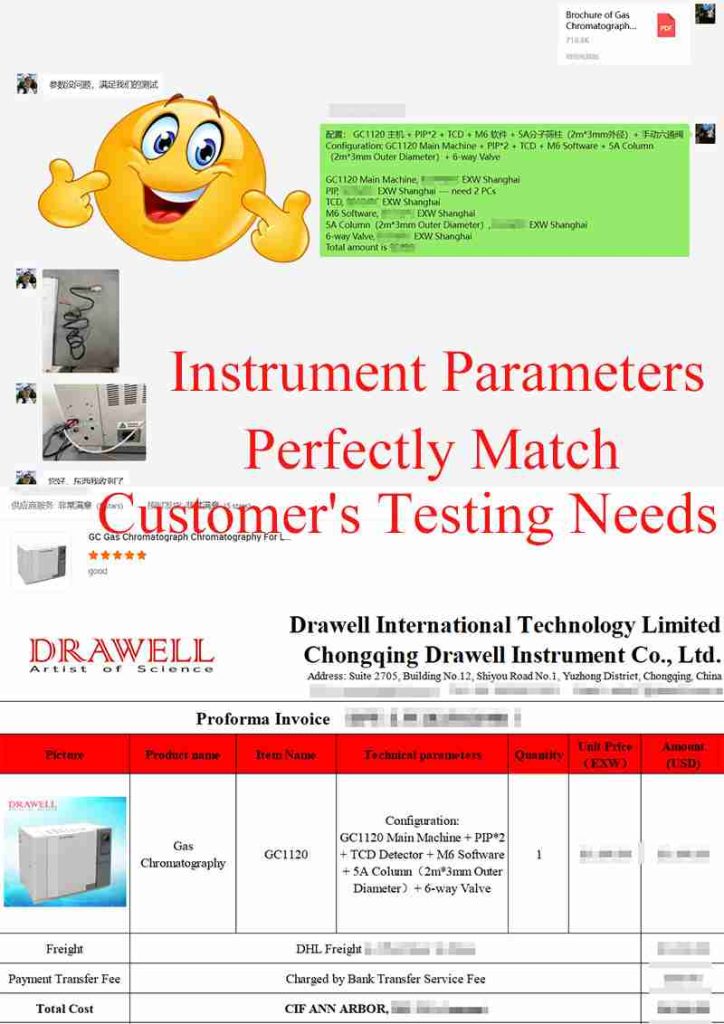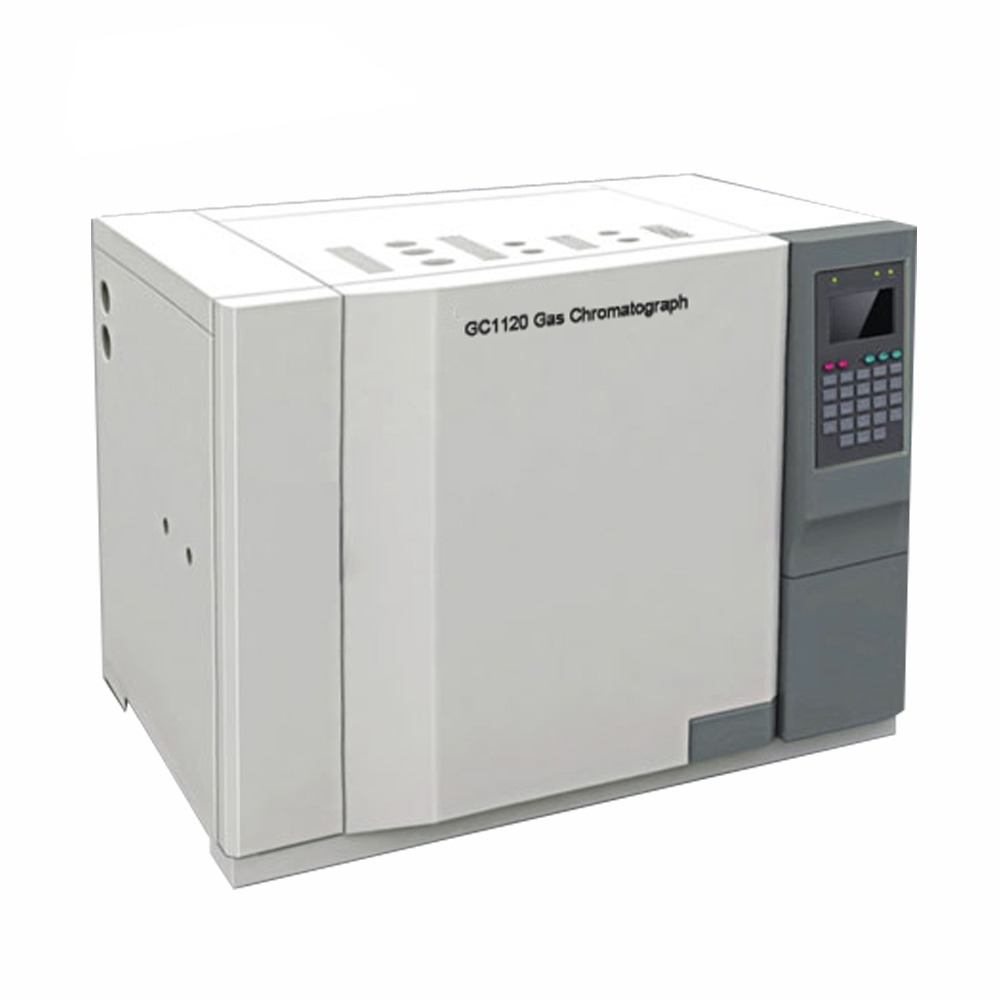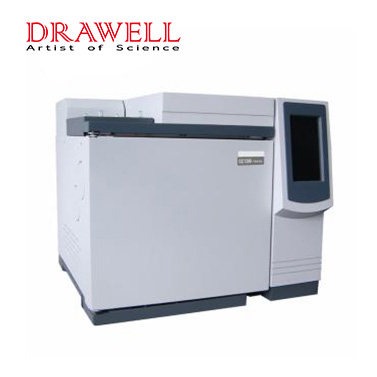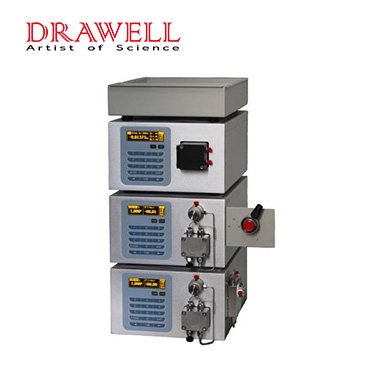GC1120 Gas Chromatography
Gas Chromatography is a kind of instrument for qualitative and quantitative analysis of multicomponent complex mixture by using chromatographic separation technology and detection technology. Generally, it can be used to analyze the thermal stable organic compounds in soil, such as volatile organic compounds, organic chlorine, organic phosphorus, polycyclic aromatic hydrocarbons, phthalates, etc.
Application of GC1120 Gas Chromatography
Gas chromatography is a chromatographic analysis method with gas as the mobile phase, which is mainly used for the separation and analysis of volatile substances. Gas chromatography has become one of the most important separations and analysis methods, and has been widely used in the fields of medicine and health, petrochemical industry, environmental monitoring, biochemistry and so on.
Features of GC1120 Gas Chromatography
- Control system: designed for monitoring and controlling the instrument via the computer.
- Column Compartment/oven with superior thermal performance, multistage (10 ramps) programmed temperature control function. (supported by “control system”).
- Advanced built-in data acquisition system, supporting real-time instrument status monitoring, detection signal acquisition, and PC control.
- Column oven accommodates up to 3 chromatographic columns and supports quick heat-up and rapid cool-down with the automated back-door opening.
- Flexible sample introduction system: 3 sample injectors could be installed and operated simultaneously with independent temperature control.
- High sensibility and stability detector.
- 2 independent and analog signals output.
- M6 software, compatible with GLP/FDA-21 CFR Part11 requirements and regulations. (electronic records and signatures).
Gas Chromatography and Accessories
- Carrier Gas System + Sample Introduction System + Separation System + Temperature Control System + Detector
- Carrier Gas System: air source/ purification and desiccation device/ flow rate control device
- Sample Introduction System: sample injector
- Separation System: chromatographic column(packed column and capillary column)
- Temperature Control System (Column Oven): constant temperature and programmed temperature
- Detector: FID/ TCD/ FPD/ NPD
Specifications of GC1120 Gas Chromatography
| Model | DW-GC1120 | ||
| Sample Introduction System | sample injector and evaporation chamber | ||
| Column Oven | Temperature range | Ambient temperature +7℃ ~ 400℃ (in 1℃ increment) | |
| Temperature accuracy | ± 0.02℃ | ||
| Cooling time | 400℃ to 50℃ in 8-10 min at 25℃ ambient | ||
| Programmed temperature setting | 0.1℃~40℃/min (in 1℃ increment) | ||
| Program ramps | 7 ramps in total (10 ramps available with control workstation) | ||
| Size (L*W*H) | 284*280*241mm(inside) | 340*345*281mm(outside) | |
| Flame Ionization Detector | Detection limit | ≤3×10-12g/s (C16) | |
| (FID) | Best test result | ≤3×10-12g/s (C16) | |
| Drift | ≤6×10-13A/30min | ||
| Noise | ≤5×10-14A | ||
| Linearity range | ≥106 | ||
| Thermal Conductivity Detector | Sensitivity | ≥5000mV, mL/mg (C16) | |
| (TCD) | Baseline noise | ≤20µV | |
| Drift | ≤60µV/h | ||
| Linearity range | ≥104 | ||
| Flame Photometric Detector | Detection limit | ≤8×10-13g/s(P) ; ≤8×10-11g/s(S) | |
| (FPD) | Drift | ≤2×10-11A/30min | |
| Baseline noise | ≤5×10-12A | ||
| Nitrogen-Phosphorus Detector (NPD) | Detection limit | ≤5×10-12g/s(N) (Azobenzene) ≤5×10-13g/s(P) (Malathion) | |
| Optional Parts | Main function |
| GC1120-TCD | Thermal conductivity detector |
| GC1120-ECD | Electron capture detector |
| GC1120-FPD | Flame photometer detector |
| GC1120-NPD | Nitrogen phosphorous detector |
| Chromatographic work station | External interface box + work station (not include PC) |
| Simulation software | Imitation finds chromatographic condition, emulation teaching, train and knowledge base. |
Product Display
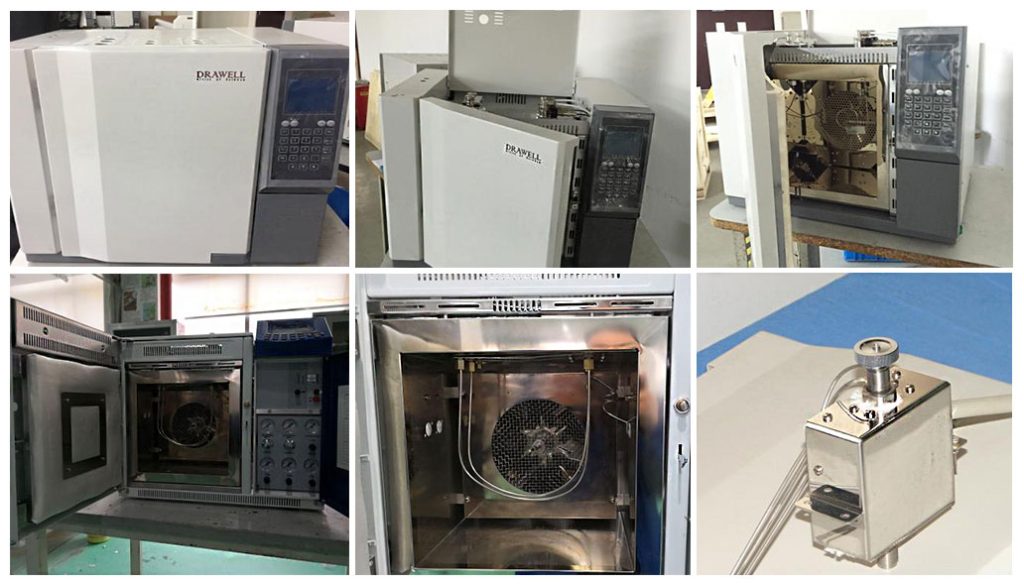
Customer Feedback of GC1120 Gas Chromatography
